Educated people should think causally rather than magically
This leads to Deresiewicz’s second goal, “building a self,” which he explicates as follows: “it is only through the act of establishing communication between the mind and the heart, the mind and experience, that you become an individual, a unique being—a soul.” Perhaps I am emblematic of everything that is wrong with elite American education, but I have no idea how to get my students to build a self or become a soul. It isn’t taught in graduate school, and in the hundreds of faculty appointments and promotions I have participated in, we’ve never evaluated a candidate on how well he or she could accomplish it. I submit that if “building a self” is the goal of a university education, you’re going to be reading anguished articles about how the universities are failing at it for a long, long time.
I think we can be more specific. It seems to me that educated people should know something about the 13-billion-year prehistory of our species and the basic laws governing the physical and living world, including our bodies and brains. They should grasp the timeline of human history from the dawn of agriculture to the present. They should be exposed to the diversity of human cultures, and the major systems of belief and value with which they have made sense of their lives. They should know about the formative events in human history, including the blunders we can hope not to repeat. They should understand the principles behind democratic governance and the rule of law. They should know how to appreciate works of fiction and art as sources of aesthetic pleasure and as impetuses to reflect on the human condition.
On top of this knowledge, a liberal education should make certain habits of rationality second nature. Educated people should be able to express complex ideas in clear writing and speech. They should appreciate that objective knowledge is a precious commodity, and know how to distinguish vetted fact from superstition, rumor, and unexamined conventional wisdom. They should know how to reason logically and statistically, avoiding the fallacies and biases to which the untutored human mind is vulnerable. They should think causally rather than magically, and know what it takes to distinguish causation from correlation and coincidence. They should be acutely aware of human fallibility, most notably their own, and appreciate that people who disagree with them are not stupid or evil. Accordingly, they should appreciate the value of trying to change minds by persuasion rather than intimidation or demagoguery.
Learn more / En savoir plus / Mehr erfahren:
https://gustmees.wordpress.com/2015/07/19/learning-path-for-professional-21st-century-learning-by-ict-practice/
Via
Ana Cristina Pratas



 Your new post is loading...
Your new post is loading...




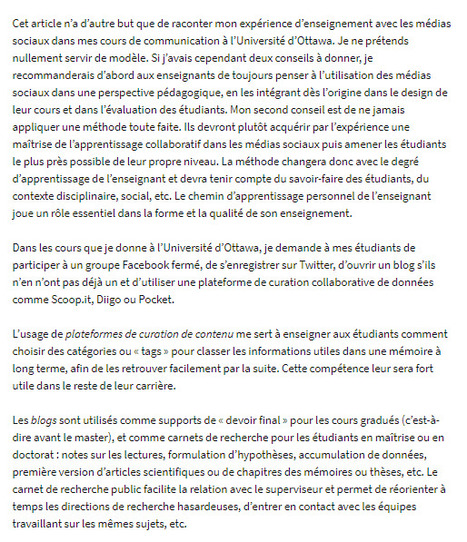
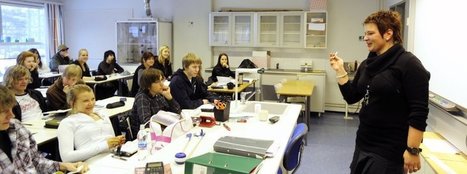
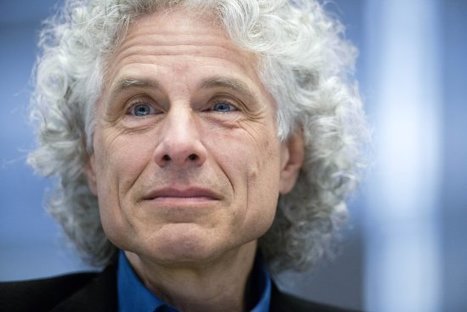
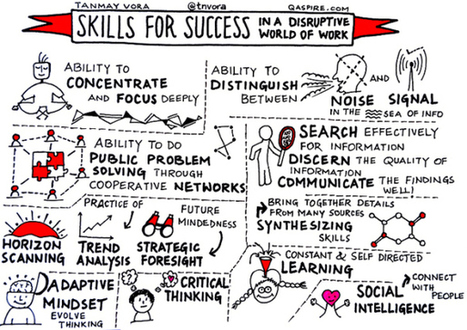

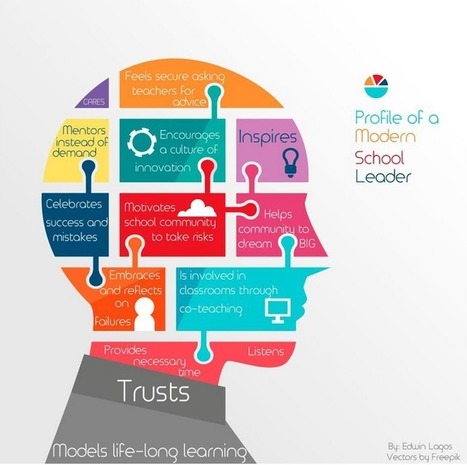

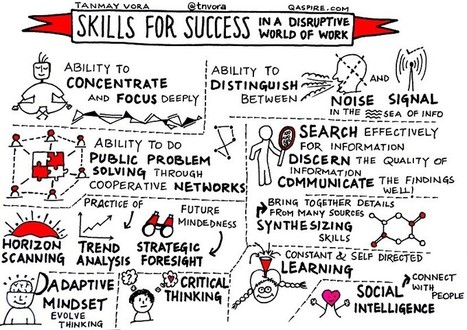



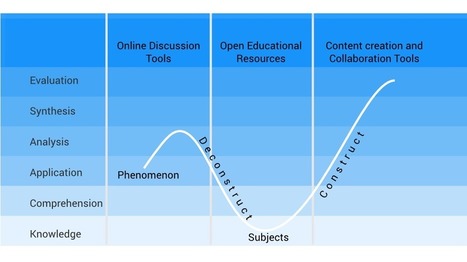
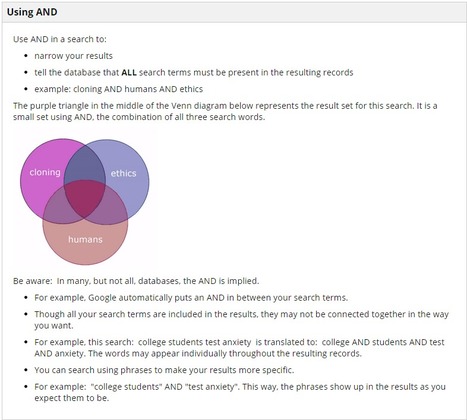





The demand for companies to create quality content is at an all-time high—and it’s no surprise.
The alternatives simply don’t work. If you’re creating mediocre or inconsistent content, you can’t stand out, and if you’re not creating content at all, there’s no way for your target audience to find you.
In fact, content is so highly prioritized that content writing and editing skills are among those with the highest demand in the jobs market.
Blogging has been the backbone of growth for companies across industries, and it’s thanks to the fact that:
Websites with a blog tend to have 434% more indexed pages
Companies who blog receive 97% more links to their website
Blogs have been rated as the 5th most trusted source for accurate online information.
On top of that, blogging sparks word-of-mouth promotion because 94% of people who share posts do so because they think it might be helpful to other. In other words, bringing value to your audience means they will want to pass that value onto someone else.
Learn more / En savoir plus / Mehr erfahren:
https://gustmees.wordpress.com/?s=curation
https://gustmees.wordpress.com/?s=blogs
https://www.scoop.it/t/21st-century-learning-and-teaching/?&tag=Blogging
https://www.scoop.it/t/21st-century-learning-and-teaching/?&tag=Curation